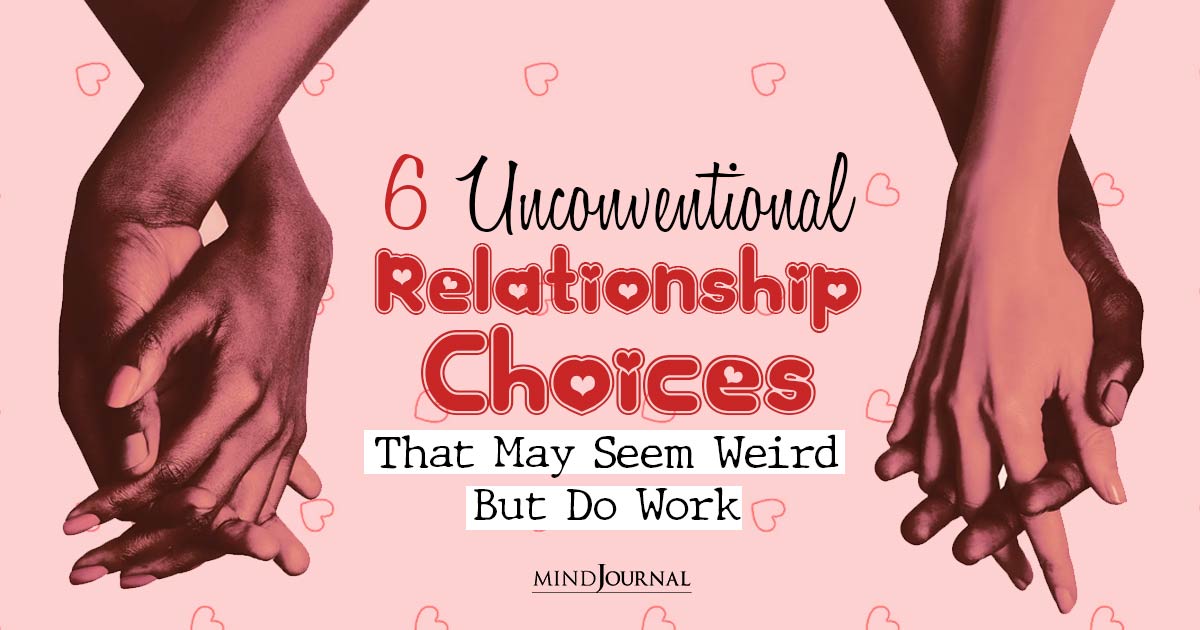Research by Dr. John Gottman shows that small actions practiced daily are the biggest predictor for keeping romance, intimacy, and connection alive during the transition to parenthood. Going the extra mile means everything with a new baby in the mix.
As life with a little one begins, Parents often find themselves sleep-deprived, overwhelmed with a laundry list of to-do and the feeling that there’s never enough time in the day to do it all.
New parents often believe that in order to meet the demanding needs of the baby, they have to sacrifice the needs of the relationship. There is a sense that “I can either be close to my spouse or my baby, but I can’t do both.” This leads to resentment and isolation.
But Bringing Baby Home research has shown that couples can be engaged parents and protect their relationship without sacrificing the bond with their child. With just a little effort, couples can maintain emotional closeness by following the “golden rule” of relationships: small things often.
Tuning in and turning towards each other, especially in moments of heightened stress, creates a sense of connection and emotional intimacy. Practicing simple gestures to preserve the relationship makes for a more manageable transition to parenthood.
If you’re a new parent or expecting a little one, consider incorporating the following strategies into your relationship so that you’re not just staying afloat, but fully thriving as your family grows.
Turn towards bids for connection
Requests for connection happen between partners all the time. Sometimes they are extremely subtle, such as a touch on the hand, or very straightforward as in, “Take a look at this for me. What do you think?” Dr. Gottman’s research in his Love Lab has shown that successful couples respond to bids more frequently than distressed couples do. If partners bids are consistently ignored or disregarded, they form a negative view of the relationship and distance themselves from their partner.
Happy couples, however, are more aware of what to look for and make the conscientious choice to turn towards, rather than turn away, from requests for affection, emotional support, and sex. Responding to bids is important because in small, everyday moments, you’re creating the building blocks that maintain the foundation of the relationship. Here are some examples of bids:
- A bid for conversation: “I’m worried that the baby might not be getting enough nutrients.”
- A bid for sex: “You look so sexy in that outfit.”
- A bid for affection: “Will you hold me?”
- A bid for attention: “Can we talk?”
- A bid for humor: “Have you heard this joke yet?”
Express fondness and admiration
Dr. Gottman encourages couples to “catch your partner doing something right.” Research shows that if couples are in the habit of viewing their relationship from a negative perspective, they miss half of the positive things their partner does.
It’s important for couples to find ways to praise each other for their positive traits. You can do this by creating a “culture of appreciation.” You can appreciate their parenting style or how they help with the baby while still making time for the other things they do to keep things running smoothly. Remember to share them with your partner. They yearn to hear it.
- “You were so great with the baby last night. It really made me smile.”
- “You’re an awesome dad. You’re so calm and patient with the baby.”
- “Thanks for making dinner tonight. I know you have your hands full.”
- “Even with no sleep, you’re still gorgeous. How did I get so lucky?”
- “Thanks for keeping things together when I can’t. I really count on you!”
Make partings and reunions a routine part of your day
Don’t neglect each other as you rush out the door. Spend a few minutes to develop an atmosphere of love as you part for the day, and again once you return. Here are some examples of rituals of connection:
- Send your sweetie off with a to-go cup of coffee for the day.
- Kiss each other goodbye for six seconds and wish them well.
- Wake up early and take care of the baby while the other gets some much-needed rest.
- Leave a quick note to say how much they mean to you.
- Make the bed before you go.
- Say goodbye with affection and words of encouragement.
- Greet each other with a “6 second kiss.”
- Put your phone away and genuinely listen to your partner’s day. Express empathy and understanding.
- Help with dinner.
- Clean up the dishes.
- Take over the night routine like bathing, singing, dancing or reading to your little one.
Have a daily stress-reducing conversation
Conflict is inevitable in all relationships and tends to spike after a baby is born. Work stress, new financial strains, and balancing the added responsibilities of being parents can create strain on the relationship. The Bringing Baby Home research found that having a daily conversation that includes understanding, support and affection helps manage the external stressors separate from the relationship.
- Stay mindful and present while showing genuine interest in what your partner has to say.
- Seek understanding before giving advice. “That sounds overwhelming. I’d be at my wits end too. I can totally understand how you feel.”
- Offer support. “I really wish your boss would lay off on you.”
- Show affection. “Come here. I bet you could use a hug.”
- Help aid in problem solving. “Do you want my advice? Let’s worth through this together.”
Never stop dating your partner
One of the greatest gifts you can give your baby is a strong relationship between the two of you. Date nights provide an opportunity to stay connected, increase intimacy, and balance life as a team.
- Plan monthly date nights.
- Keep mutual hobbies sacred.
- Make “date-night in” a regular part of your week.
- Watch a comedy together. Laughter and humor raise endorphins and lighten the mood.
Parenthood is tough, especially in the beginning. If you’re feeling overwhelmed, remember that the best gift you can give your baby is a strong relationship between the two of you. Don’t forget how important it is to spend time together, lift each other up, show you care, and nurture the relationship by practicing the golden rule of doing the small things often.
By April Eldemire, LMFT
This article was originally published on The Gottman Relationship Blog.
For more insight on how to build a positive, lasting relationship after a baby arrives, get your free copy of 7 Signs Your Relationship Will Last here.
You may also like
- 5 Healthy Relationship Boundaries That Keep the Romance Alive
- The Way He Expresses Romance, According To His Zodiac Sign
- Why Romance Turns Toxic: The Psychology Behind Love & Relationships
- 6 Signs He Is Incapable Of Love









Leave a Reply
You must be logged in to post a comment.